Blog | Journalism Fellow Invites Viewers Along on Family’s Alzheimer’s Journey
Christie Ethridge Diez is a reporter and anchor for Atlanta TV station @11alive (WXIA) and a 2020-2021 Rosalynn Carter Mental Health Journalism Fellow. In late March 2021, she shared her story of loss, grief, and strength on the Carter Center’s Instagram account after her father’s Alzheimer’s disease diagnosis. Her moving posts, minimally edited, are reproduced here. All photos are courtesy of Christie Ethridge Diez.
‘Caregiving became my identity’
This is my father, David Ethridge, my real-life Superman. (It’s not just you; my family thinks he looks like Clark Kent, too.)
My father was diagnosed with early-onset Alzheimer’s in his mid-50s, and over the last eight years, I was his caregiver, protector, and confidante through this dementia journey.
When I was little, we would run, hike, and laugh together. I adored him, and he doted on me.
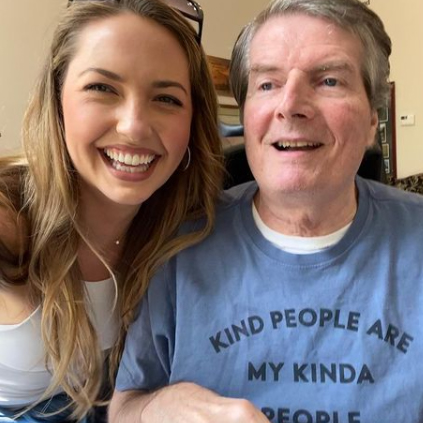
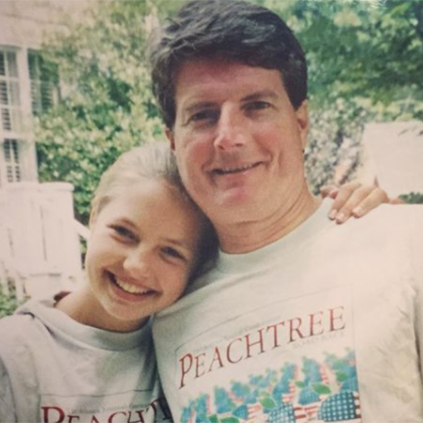
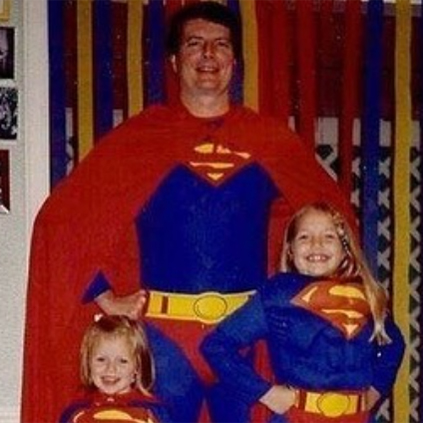
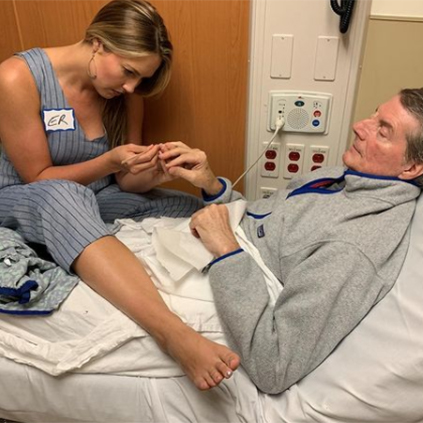
After my first TV job in another city, I moved home in my 20s just to be near him. I didn’t know much about caregiving or dementia then, but I knew my mother would need help. Caregiving became my identity, fusing with my role as daughter and overshadowing all else. I craved making memories with him — even if I’d be the only one keeping them.
We danced, we sang, and we laughed. I was the only one he’d let clip his nails and trim his eyebrows. And even when he didn’t know me, he knew he loved me. Turns out, when there’s big love, you feel big grief. And 2020 brought us that and more.
‘Something had to change’
Being a care partner isn’t always pretty or happy or fun. But it is beautiful, soulful, and necessary. Right now, caregivers do our best to fill the gaps in a broken system of care.
For us, the turning point came when antipsychotic medication caused my dad to react aggressively and he was sent to a psychiatric hospital. We pulled him out of there and put him into a long-term memory care community, a shell of the human he used to be. He never came home.
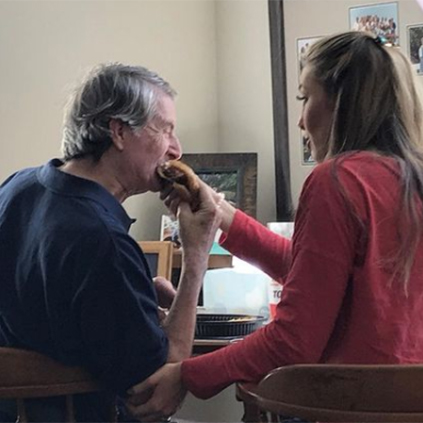
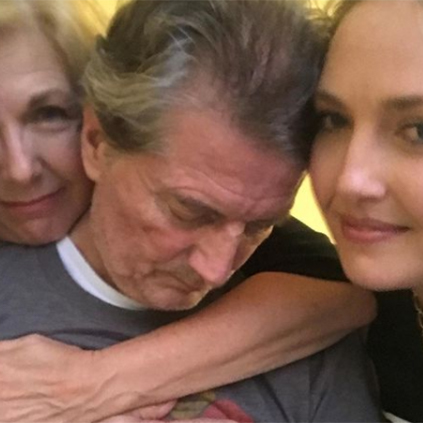
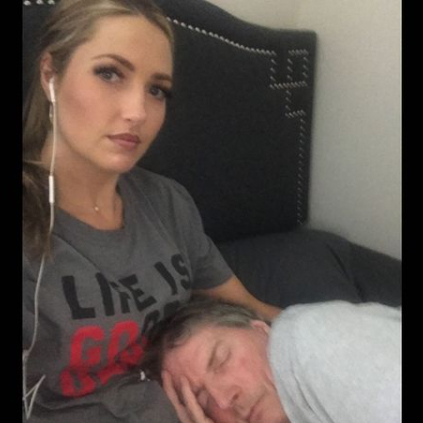
We were desperate for help, for somewhere that knew more than we did. I have played the game over and over of “what if” and “if I had known then what I know now.”
That’s when I realized something had to change, and I had the platform and experience to tell our story. It felt like everything I’d worked for in journalism had led me here.
‘I was unprepared for how breathtaking grief would be’
My father inspired my project as a Rosalynn Carter Mental Health Journalism Fellow: How can we create a new paradigm for caring for people living with dementia who also need mental health support?
Daddy and I lived the realities of it together. It’s not an easy topic and I knew tackling it would be triggering at times, but some things I didn’t anticipate.
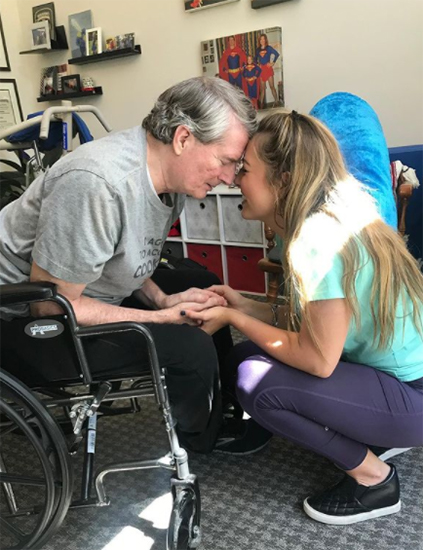
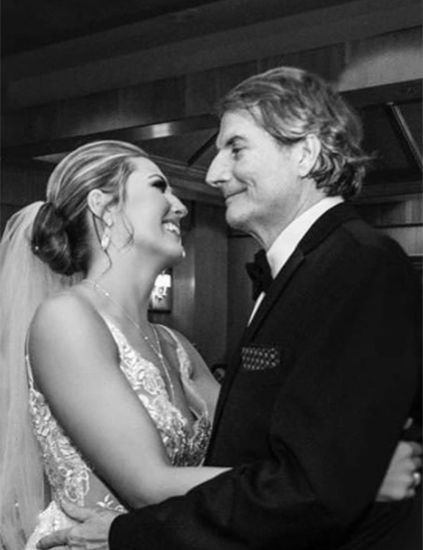
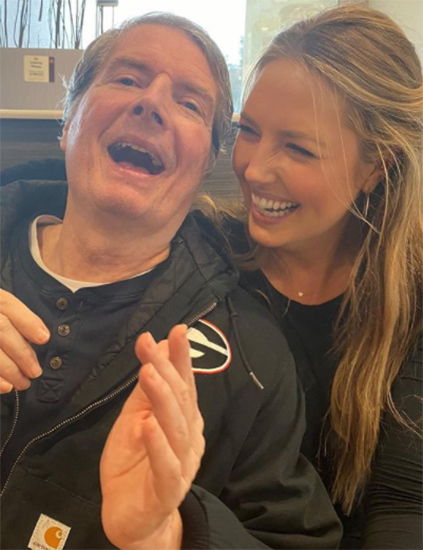
I didn’t realize just how painful it would be. I knew my Carter Center fellowship project would be hard, the same way I knew my dad’s Alzheimer’s was fatal, but I was unprepared for how breathtaking grief would be.
I didn’t anticipate how raw and exhausted I’d feel after burying him. His death was not quick or kind, and his passing was not a relief. Most days, it feels like there’s an open wound that refuses to heal.
I didn’t anticipate how grief would reach through the computer screen during virtual interviews with my sources and bond two strangers so instantly.
I didn’t anticipate that my own mental health would end up being half the story. But I’m on this journey now, and when it runs on @11alive, I hope you’ll come along for the journey.
‘I swear I can hear my heart breaking’
Have you ever grieved for somebody who’s alive? If you’ve ever been a caregiver for someone living with dementia, this might feel familiar.
I grieved the loss of my father years before he died. It’s strange to feel the absence of a person you’re sitting next to.
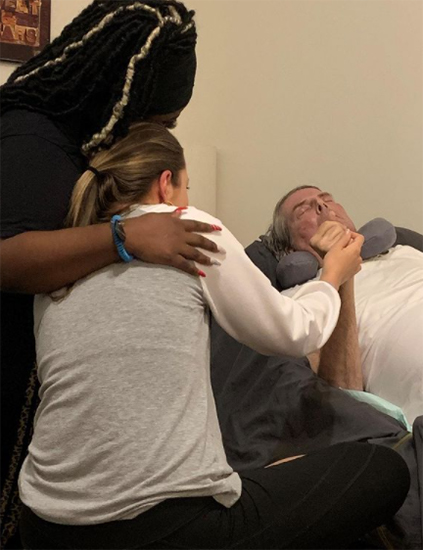
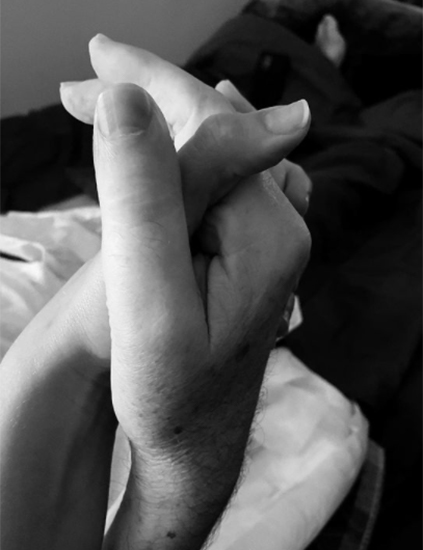
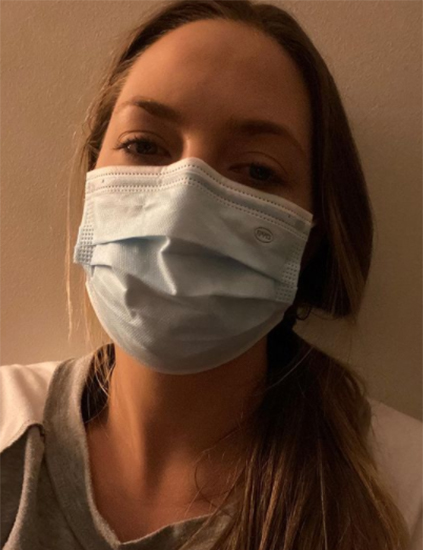
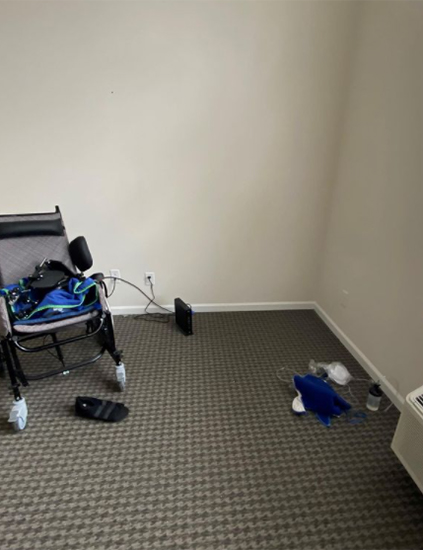
He died just before Christmas last year, in the middle of my fellowship with The Carter Center and the COVID-19 pandemic. Now, there’s a crater-sized hole nothing can fill and I’m on a mission to change the system that failed him.
I applied to be a Rosalynn Carter Mental Health Journalism Fellow in May 2020, seven months before my world would shatter into a million painful pieces and leave me angry, confused, questioning, and determined.
On days when it’s too much, I swear I can hear my heart breaking. On other days, my grief turns to fuel. It connects me in a real and raw way to people living with dementia.
Because of the past eight years with my dad, I’m a vessel of knowledge, truth, power, and hope. I can’t help my dad anymore, but maybe I can make something better for others. Or their kids. Or their kids’ kids. I will keep going.
‘There is hope in dementia’
While my father’s journey has mercifully ended, in some ways, my relationship with dementia is just beginning.
After years of interacting with and caring for him, I’ve learned how essential patience, compassion, and curiosity are in my role as an interviewer.
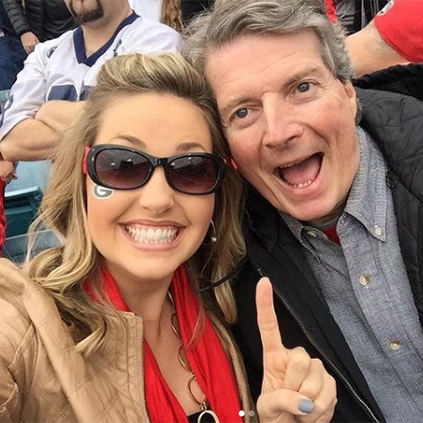
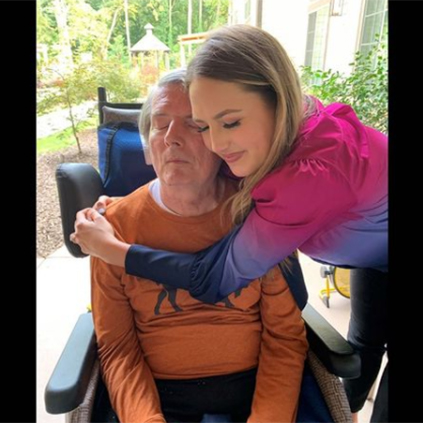
Every week, I chat virtually with people living with dementia for my fellowship project. They often become invisible once they’re diagnosed; other people assume they’re unaware or useless. But only they really know what they’re experiencing.
They’re painfully aware of every function they’re losing, and they have good ideas for coping, especially early on. They’re essential to this conversation, and it’s past time to give them a voice.
I look forward to these weekly conversations. Their stories, their resilience, are so similar to my dad’s and a welcome source of fuel for me.
This is the message they want me to leave you with: There is hope in dementia, and they’ve had to work too hard to find it. They feel alone. We must focus on better care. We must help them live meaningfully until the end, full of dignity and purpose.
I’m going to explore how. Thank you, Daddy, for showing me the way.
Christie Diez’s full story of her family’s Alzheimer’s journey will air later in 2021 on 11alive. You can follow her on Twitter today.
Related Resources
Global Impact Starts with You
Your support sustains the Carter Center's mission of waging peace, fighting disease, and building hope around the world.
